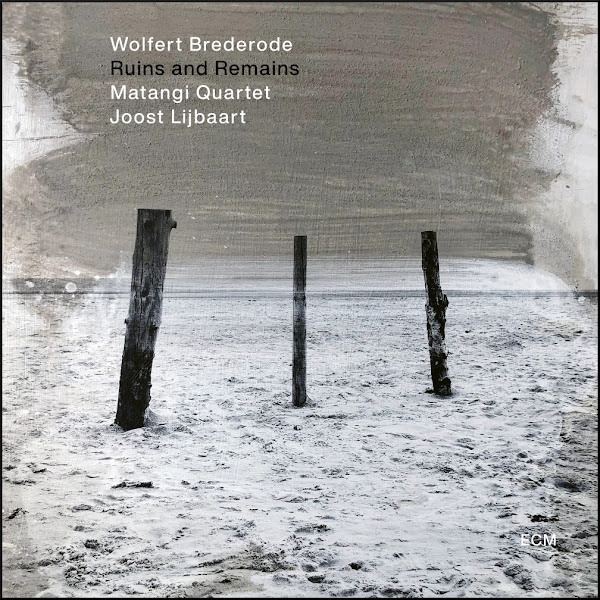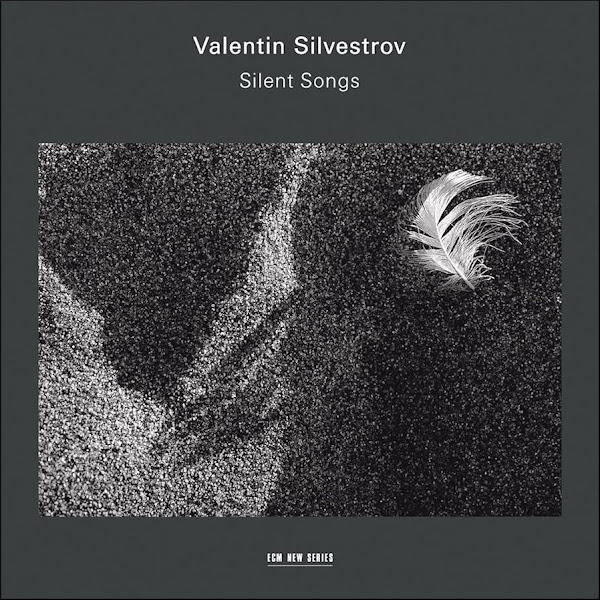Closer to Vaughan Williams than Phil Spector

This year's BBC Proms season includes ' Nick Drake - An Orchestral Celebration ' with Jules Buckley and the BBC Symphony Orchestra. That is Nick in the photo above; on the night in 1974 he died at the tragically young age of 26 a disc of the Brandenburg Concertos was on the record player in his room , and Black Eyed Dog , one of the last tracks he recorded before he died, has striking similarities to the Preludio of Bach's Lute Suite in E Major. But there is also an important and little-known contemporary connection between Nick Drake and the world of classical music. While at Cambridge University Nick met and worked with fellow student Robert Kirby. When Nick recorded his first album Five Leaves Left he chose Robert Kirby to arrange and conduct the backing for the majority of the tracks using strings, brass and woodwind. It is widely acknowledged that these arrangements were a major contribution to the success of the album and also to Nick's next LP Bryter Late





